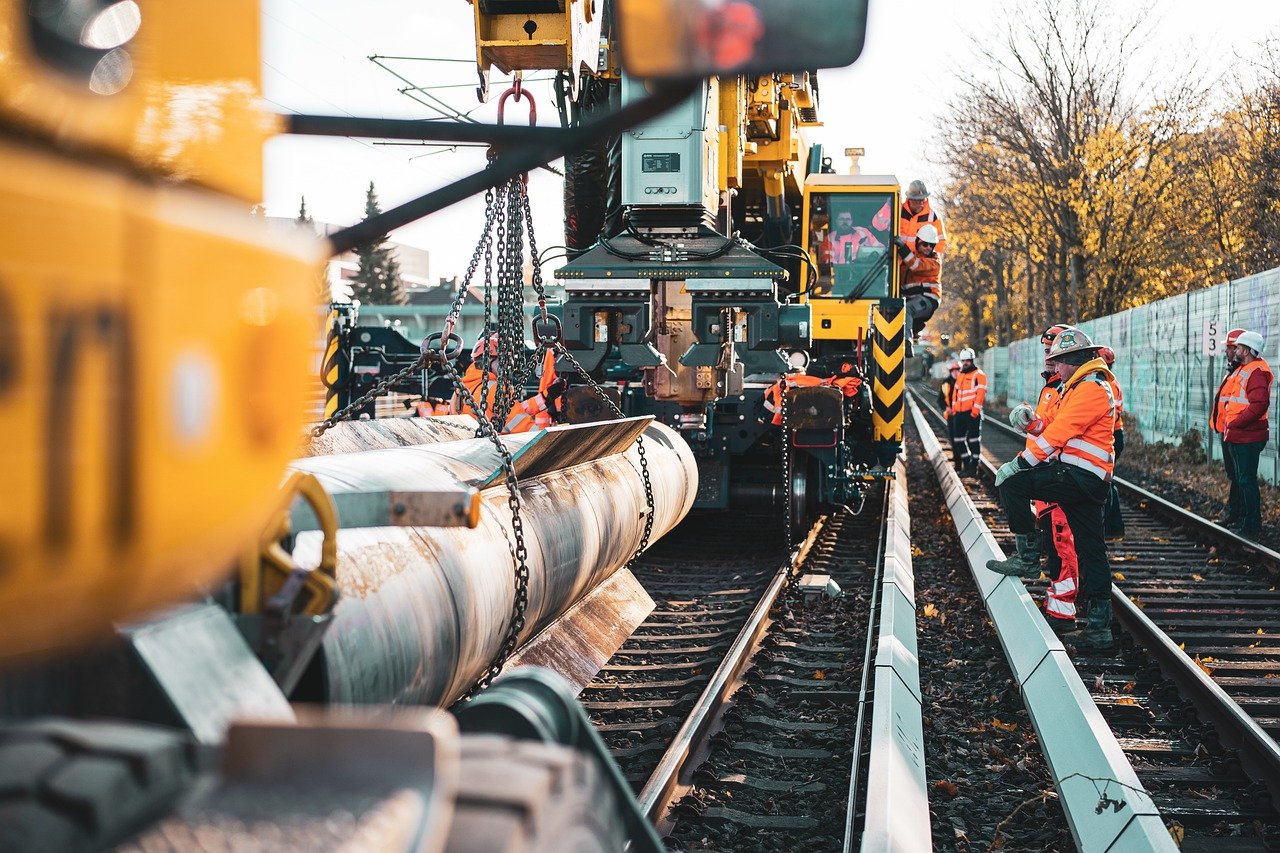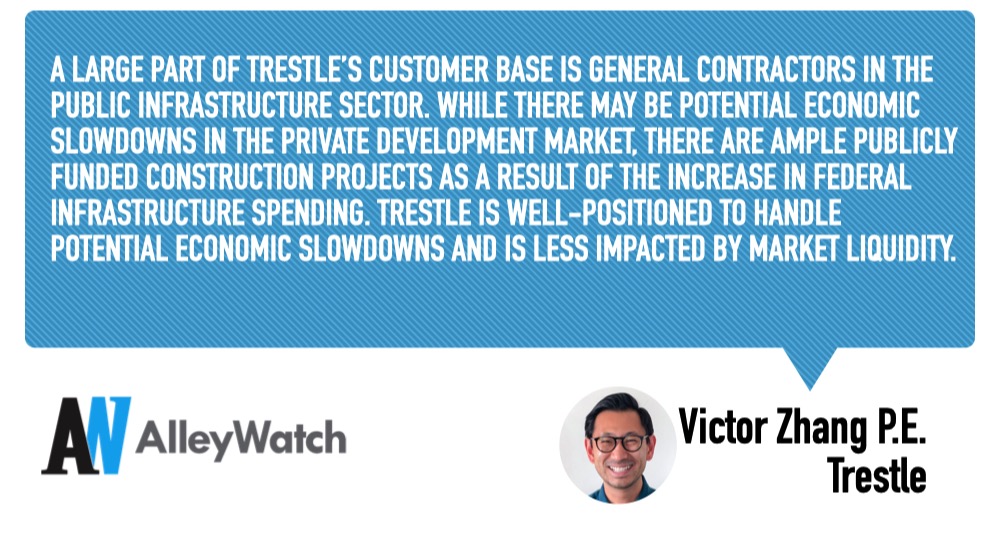Elevating Quality Control: The Crucial Need for Subcontractor and Supplier Performance Evaluations in Construction


In the realm of construction, maintaining stringent quality control standards is non-negotiable. While internal processes contribute significantly, the role of subcontractors and suppliers in upholding these standards is equally crucial. This article delves into the pivotal necessity of conducting comprehensive performance evaluations on these external stakeholders, emphasizing how such assessments fortify quality control, ensure adherence to industry benchmarks, and foster a culture of excellence within construction projects.
Setting Clear Quality Benchmarks and Expectations:
The cornerstone of effective quality control lies in establishing clear benchmarks and expectations for subcontractors and suppliers. By conducting regular performance evaluations, construction managers can ascertain whether these external partners are meeting predefined quality standards and adjust expectations accordingly to maintain consistent project excellence.
Validating Compliance with Industry Regulations and Standards:
Compliance with industry regulations and standards is paramount for the credibility and sustainability of construction projects. Through performance evaluations, project stakeholders can verify that subcontractors and suppliers adhere to requisite guidelines, ensuring that the construction process remains aligned with legal and ethical parameters, and upholding the industry's reputation for adherence to best practices.
Identifying Areas for Continuous Improvement and Training:
Performance evaluations serve as valuable tools for identifying areas that require improvement and additional training among subcontractors and suppliers. By pinpointing specific weaknesses or gaps in performance, construction managers can implement targeted training programs and corrective measures, fostering continuous improvement and ensuring that quality standards are consistently upheld throughout the project lifecycle.
Fostering Accountability and Responsibility:
Accountability and responsibility are integral to maintaining a culture of quality within the construction ecosystem. Regular performance evaluations instill a sense of accountability among subcontractors and suppliers, encouraging them to take ownership of their roles in upholding quality standards and delivering exceptional results, thereby contributing to a collective commitment to excellence.
Nurturing Long-Term Partnerships Based on Performance:
Sustaining long-term partnerships with dependable subcontractors and suppliers is essential for fostering project consistency and reliability. Through consistent performance evaluations, construction stakeholders can identify and nurture partnerships with high-performing entities, fostering enduring relationships built on a shared commitment to quality, trust, and mutual success.
Enhancing Customer Satisfaction and Reputation:
Exemplary quality control achieved through comprehensive performance evaluations directly contributes to heightened customer satisfaction and a strengthened industry reputation. By consistently delivering superior results, construction projects can build a reputation for excellence, attracting more clients and reinforcing trust within the industry, leading to sustained growth and success.
The significance of conducting thorough performance evaluations on subcontractors and suppliers in construction cannot be overstated, especially concerning quality control. By prioritizing these assessments, construction stakeholders can ensure adherence to quality benchmarks, industry regulations, and ethical standards, fostering a culture of excellence that resonates throughout every facet of the construction process. Through unwavering commitment to quality control, the construction industry can not only meet but exceed client expectations, solidifying its position as a beacon of reliability, credibility, and enduring success.
Keep Reading





